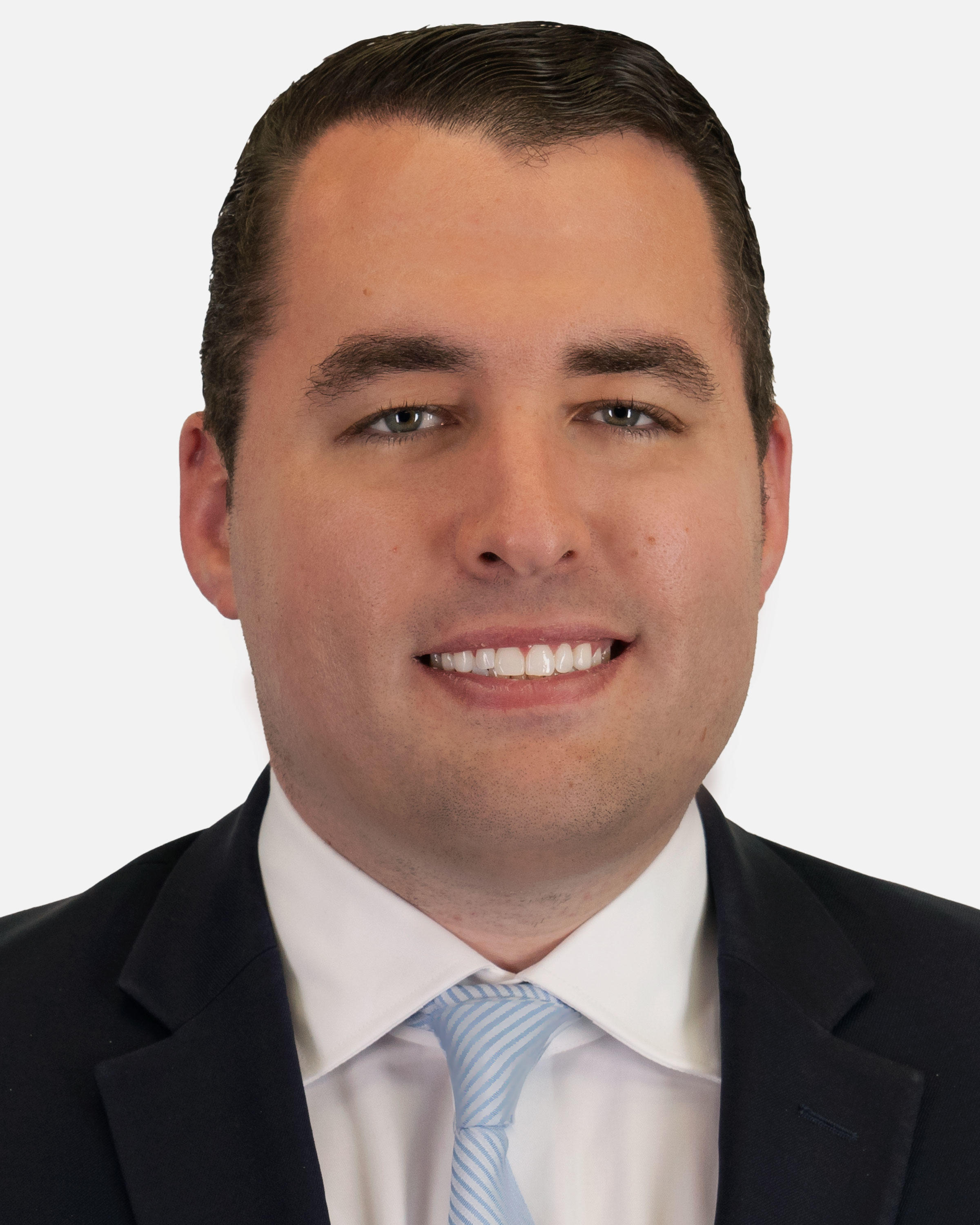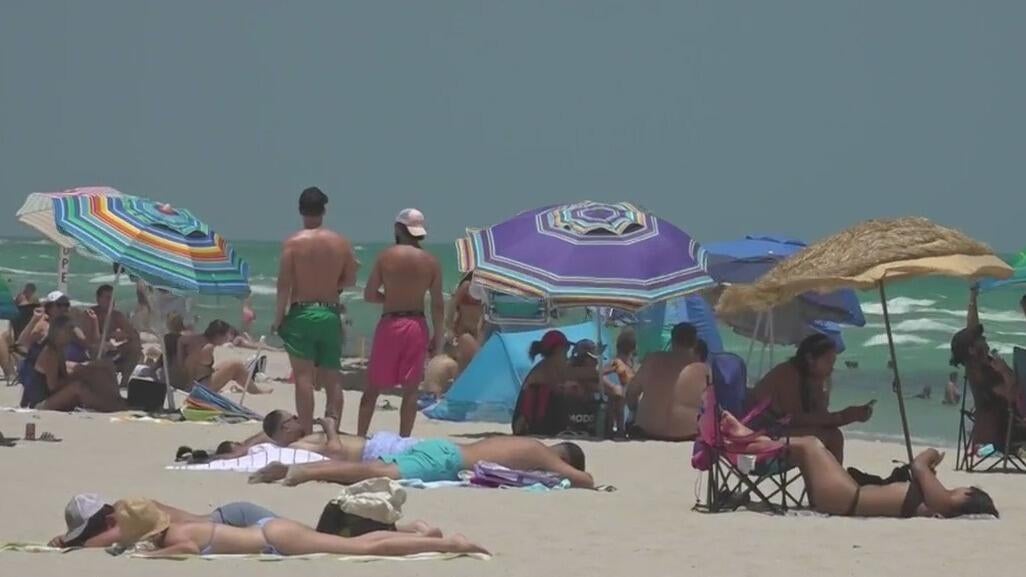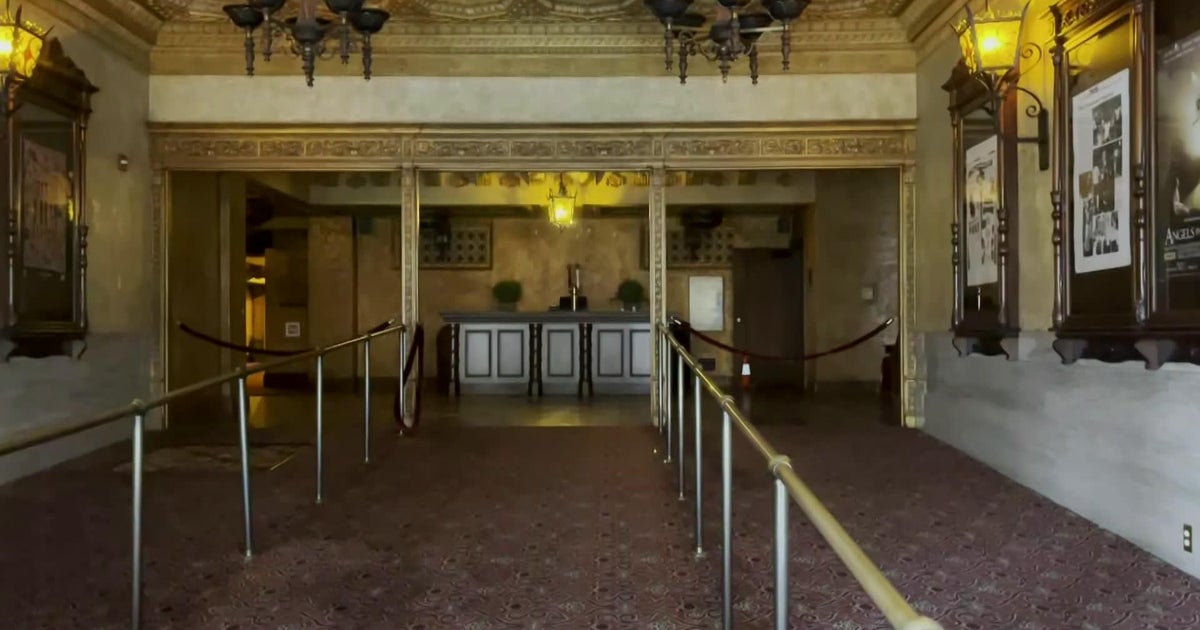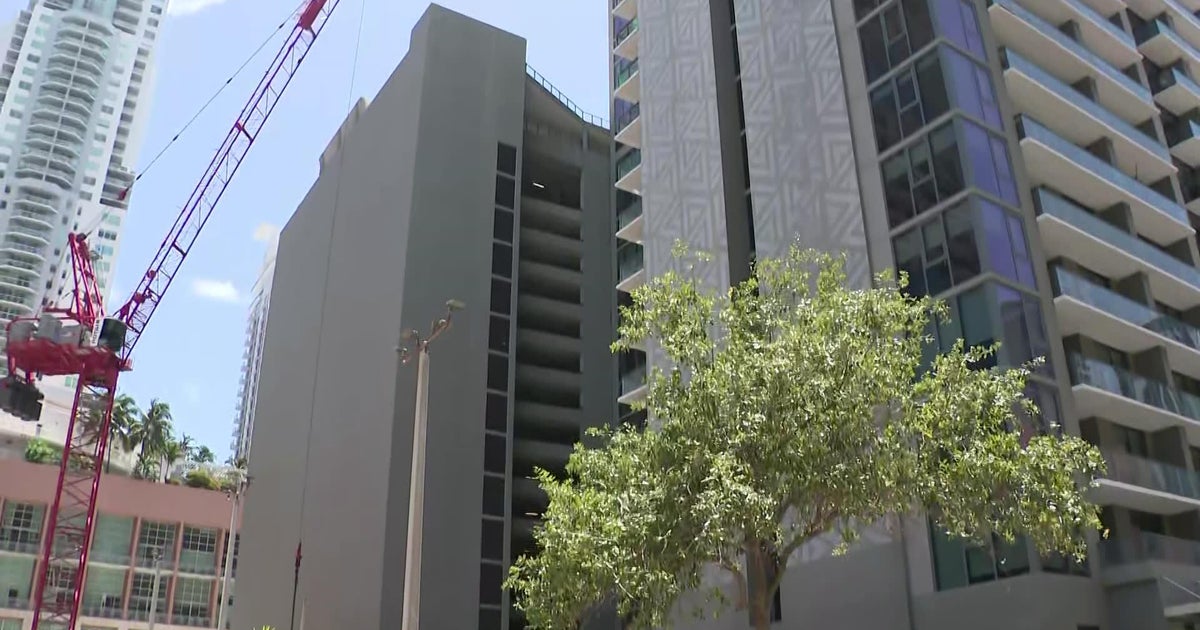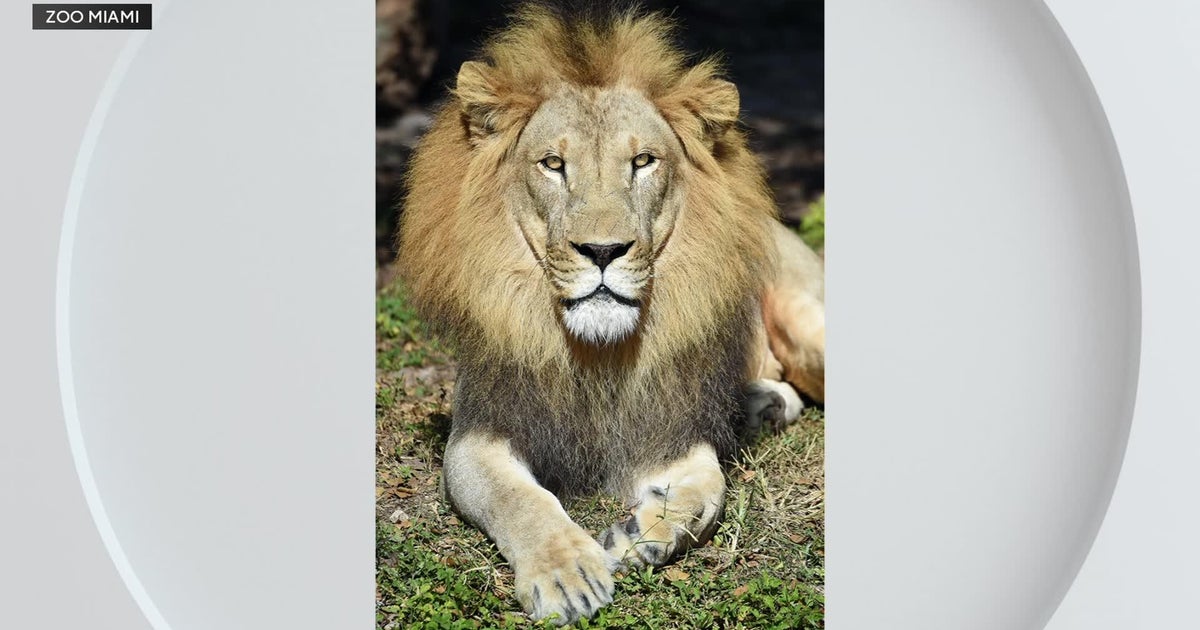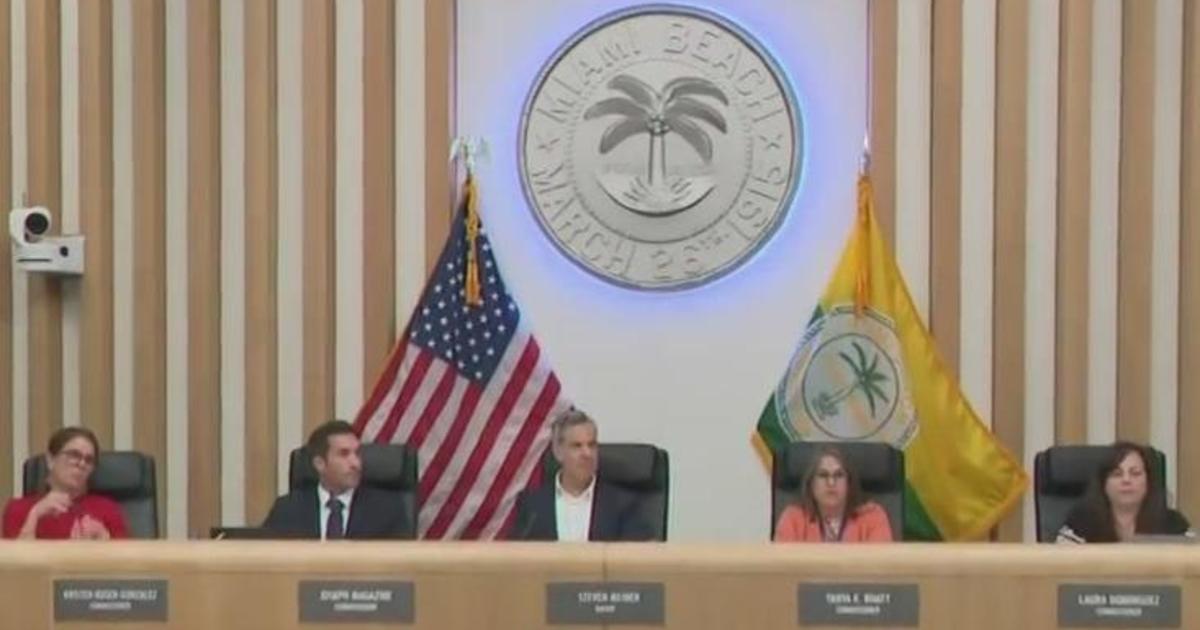Miami Beach approves pilot program for alcohol sales on public beaches
For the first time, visitors may soon be able to legally buy alcoholic beverages on Miami Beach.
The city commission this week approved a one-year pilot program allowing alcohol sales at two public beach locations, despite concerns from some city leaders about public safety and beach cleanliness.
Alcohol sales coming to two beachfront zones
The program grants permission to the Boucher Brothers, the city's longtime beach vendor partner, to sell alcohol behind Lummus Park and along the 21st Street beachfront.
The company already operates chair rentals and other concessions in those areas.
"I'm a local so I don't like bringing coolers," said Orlando Alonzo, a lifelong Miami Beach resident. "It sounds like it will be a problem eventually. Because people come to our city and kind of mess up our beaches. I think if they control it it will be ok. But they're gonna have to put more garbage cans for sure."
Officials split on safety and regulation
Not everyone on the commission supported the initiative. Commissioner Alex Fernandez voted against it, citing concerns about its impact on safety and public order.
"We take a step forward but then we take three steps backwards. It's not aligned with the direction we want to go in in terms of public safety," Fernandez said. He added that while the city stands to receive 18 to 20 percent of total sales revenue, the potential risks outweigh the financial benefits.
Commissioner Joe Magazine offered a different perspective, arguing that regulated sales could help reduce illegal alcohol vending, which has been a persistent problem on the beach.
Miami Beach Police Chief Wayne Jones reported 151 arrests last year related to unauthorized vending.
"I'd rather have something that's regulated than having things that are sold... margaritas sold out of people's backpack," Magazine said during a June hearing.
Visitors wary of unregulated beach booze
Lola Mason, a tourist from Texas who visits South Beach twice a year, said she's seen unlicensed vendors firsthand.
"I've never purchased it because I don't know what they used to make it. And if the alcohol is actually alcohol. And if they haven't spiked it," Mason said.
Program details still in development
The pilot program will last one year, though the city manager retains authority to suspend or terminate it at any time. While a set menu will be established, specific offerings have not yet been finalized.
Fernandez noted it will take several months to secure the proper licenses before sales can begin.
